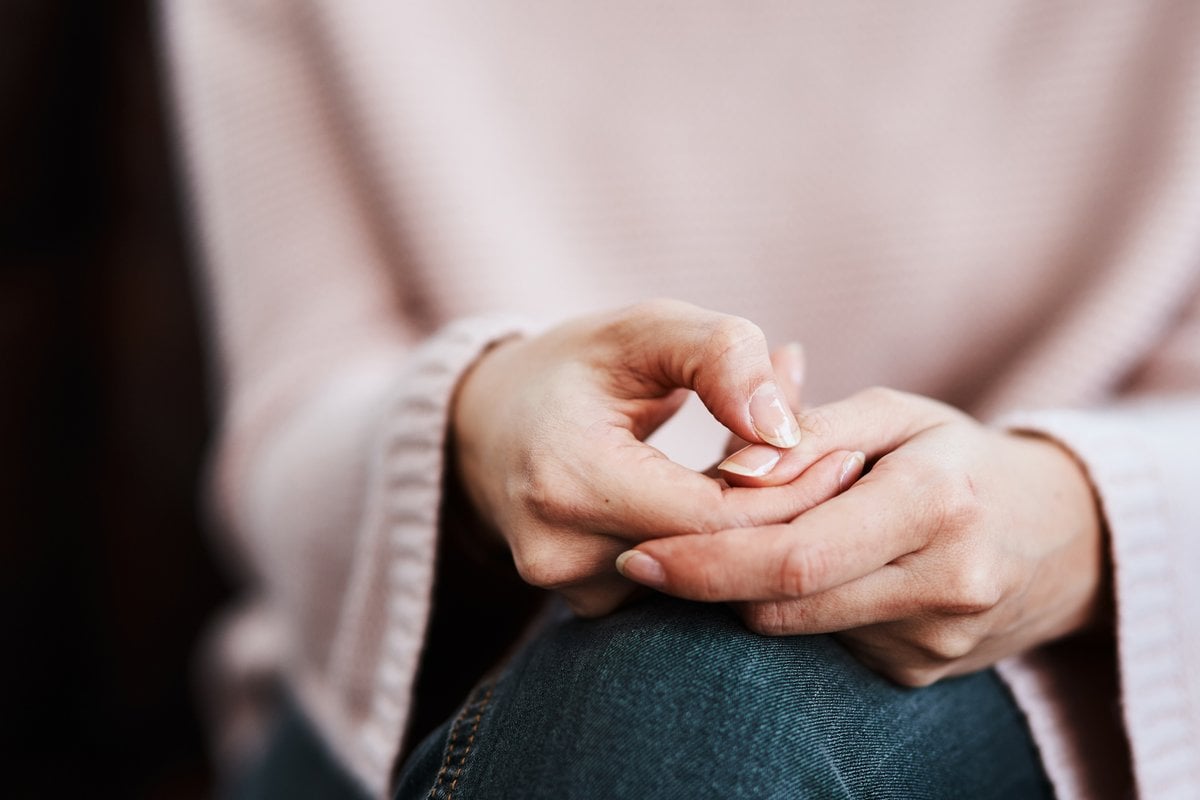
Neeraja Sanmuhanathan, University of Notre Dame Australia
This article deals with sexual assault and may be triggering for some people.
As a senior sexual assault counsellor working with Sydney’s Royal Prince Alfred Hospital, I often sit across from people on the worst day of their life.
The trauma of being sexually assaulted is an experience filled with violence. It transforms a person’s sense of safety, their worldview and their relationships with others.
When survivors come forward to disclose a sexual assault, they are frequently met with more questions than support in our communities. As a result, silence can be a form of survival.
Watch: Women and Violence - The Hidden Numbers. Post continues below.
Victim-blaming is one reason for this. Victim-blaming is a part of rape culture which reinforces the idea a woman is solely responsible for her own safety. One in eight Australians believe if a woman is raped while she is affected by alcohol or other drugs, she is at least partly responsible.
Empathy for the perpetrator contributes to victim-blaming. Victim-blaming can also occur when we try to distance ourselves from the horrific nature of the crime. We can’t imagine this happening to us, therefore it must have happened to someone who is inherently different to us. It can be hard to accept these violations take place in our very own backyard.
